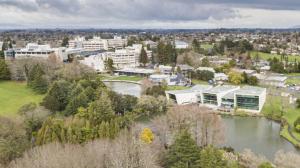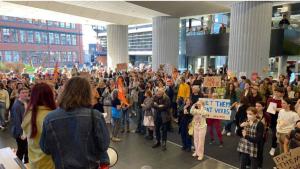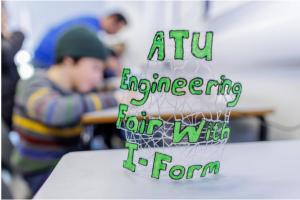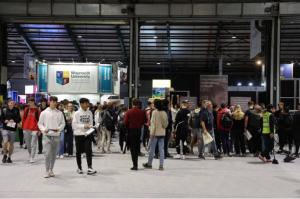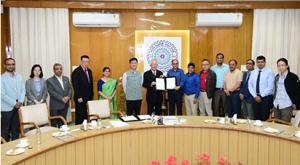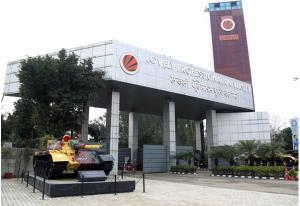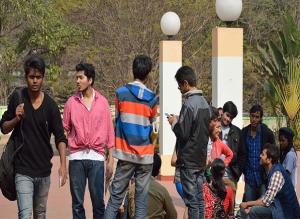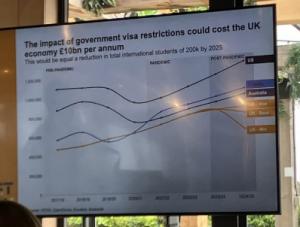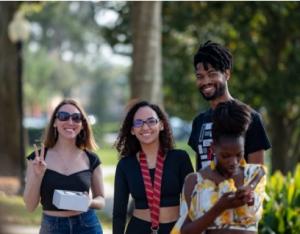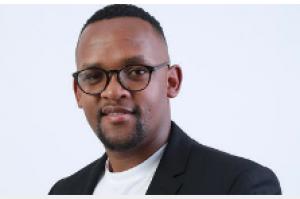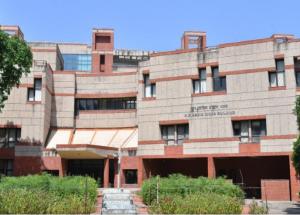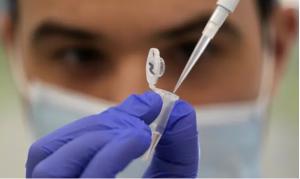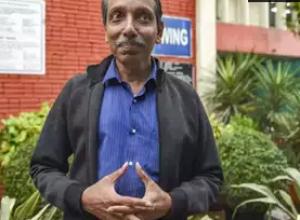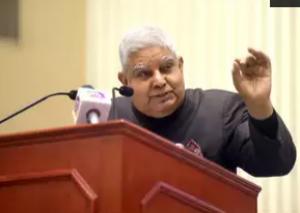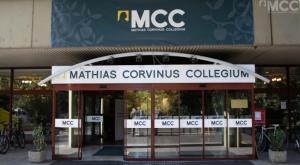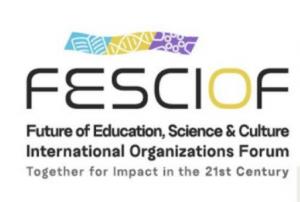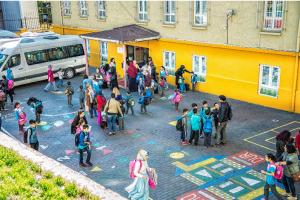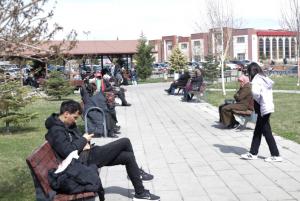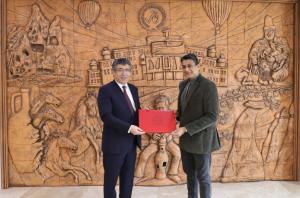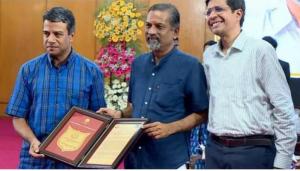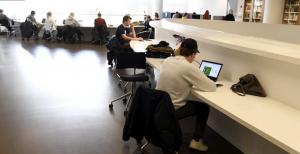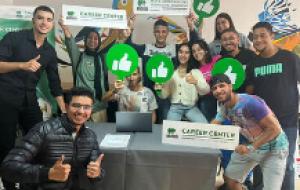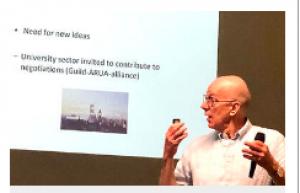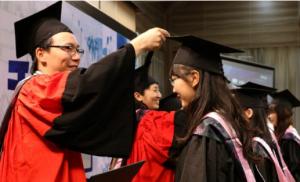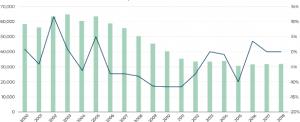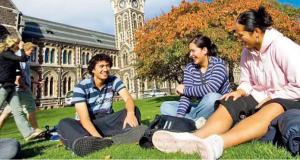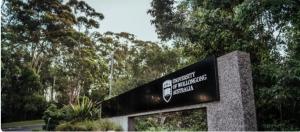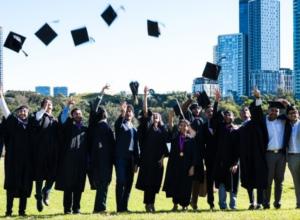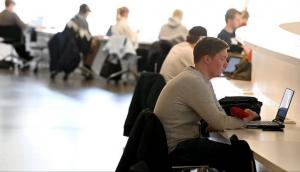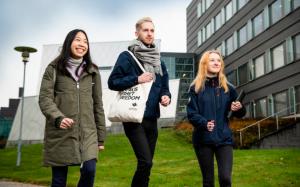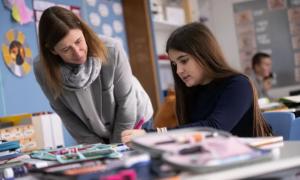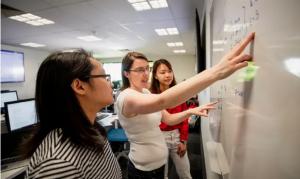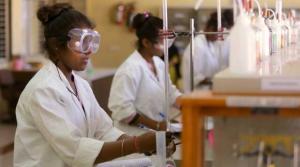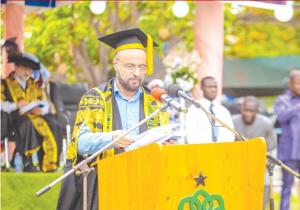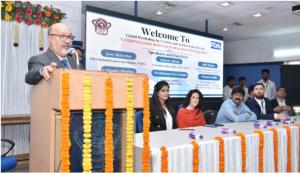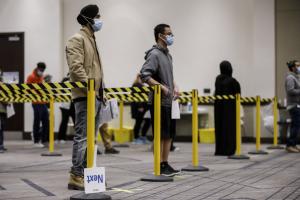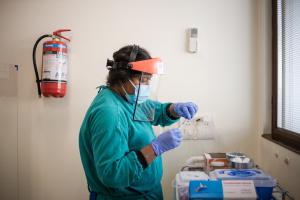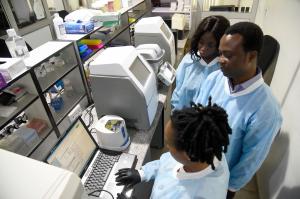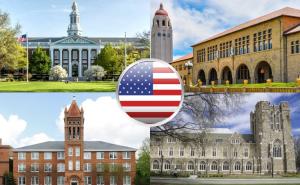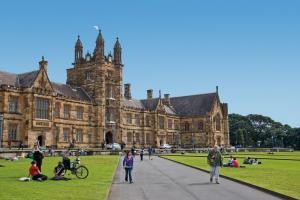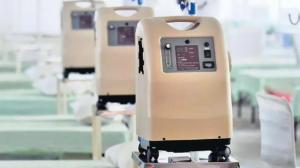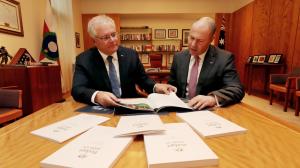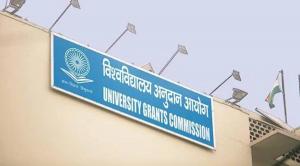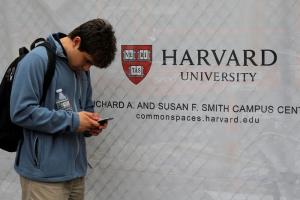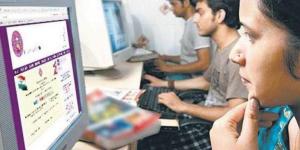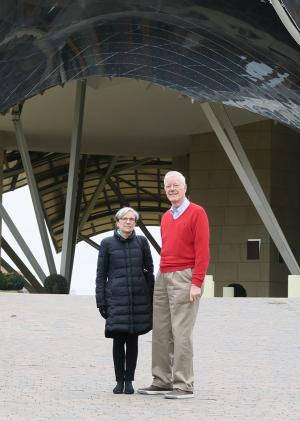Technology could be used to create the greatest teaching assistant the world could imagine by giving teachers the ability to serve individual students by differentiating instruction in the classroom, an international summit attended by 7,000 leading minds from education and business innovation heard.
However, despite the COVID-19 pandemic levelling the playing field by giving greater access to technology and allowing schools and universities to purchase the infrastructure, education systems still face equity struggles, particularly those from marginalised communities.
That was the verdict from a panel of experts taking part in a session titled “Has EdTech Really Changed Anything? Can EdTech Drive Results in a Brave New World?” at the ASU+GSV Summit, a collaboration between Arizona State University and Global Silicon Valley focusing on innovation in the education and workforce sectors.
The session on 18 April 2023 heard from Dr Paul LeBlanc, president of Southern New Hampshire University, which has grown under his direction to become the largest non-profit provider of online higher education in the United States with 180,000 students.
Data silos
LeBlanc said it is remarkable what technology can do today; for example, teaching students in remote refugee camps, which would have been unthinkable 15 years ago – yet the education system is still stuck in “data silos that make it hard to get a holistic view” of students.
“To harness the full benefits of technology, we need to rethink the system and we’re only just beginning to understand this question,” LeBlanc told his audience.
Artificial intelligence (AI) is forcing a paradigm shift in higher education from ‘what you know’ to ‘how you will be’, with knowledge no longer the foundation it has been in the past. “Knowledge is no longer scarce. It is just one prompt away on your phone,” he said.
Just as it was when electricity was first invented and “people didn’t see its value and the potential it unleashed until it became part of the system”, and Henry Ford redesigned the factory into an assembly line, so too with AI.
LeBlanc said the situation means asking questions like: ‘How do we rethink learning?’, ‘How do we rethink the student experience?’ and ‘How do we rethink the business operation?’
LeBlanc, who is considered one of America’s most innovative educators, admitted he didn’t have all the answers.
Personalised instruction
Innovators and entrepreneurs are standing by with new apps and ideas for investors, and Jamie Candee, president of Edmentum, an American online learning provider, was asked what should change if the right policies could be put in place.
Candee, who won the ASU+GSV Power of Women (POW) award at last year’s summit in recognition of her pioneering work in helping to provide equal access to the future through education, said her company encourages investors to support developments in technology that empower teachers with digital curricula and assessments for learning, and she believes in personalising instruction to create equitable learning opportunities for all students.
She told the conference: “We are constantly looking for partners with the best interests of the kids involved to make it easier for teachers to use the technology and make learning more meaningful and impactful for the students.
“The power of technology can be the greatest teaching assistant we could ever imagine and could give teachers the power to serve every single student by differentiating instruction.
“We still have a way to go (and only) some teachers can stand in front of a classroom with a dashboard and feel very comfortable differentiating instructions, and we still have some of the equity struggles, particularly when it comes to access for marginalised communities, but one of the things I’m excited about following COVID is that it has helped level the playing field by allowing the infrastructure to be purchased.
“Now we need to focus on the educators and get them to fully realise the promise of using the technology.”
Underestimating technology
Mark Angel, chief executive and co-founder of Amira Learning, which is reinventing learning to read with AI, told conference participants that based on his experience working with Apple in the early days of voice-activated software and Siri, people “tend to underestimate technology until the moment arises when it finds its destiny.
“We saw this with speech recognition and for years and years it just didn’t work. Then you get to a tipping point and now it’s part of our daily lives.”
He said edtech was still in its infancy and technology shifts generationally, pointing to 5G networks.
“We are now at the threshold with AI and the technology can now step into the human dialogue that characterises the educational process [and become] a teaching assistant that can listen to students read out loud and become a third voice in the harmony between the teacher and student. We’re about to get there,” said Angel.
The plumbing is in
Dr Kent Pekel, superintendent of schools in Rochester, Minnesota, said that 15 years ago when the new technologies were starting to become established he thought there would have been more change in education, but the pace of transformation was constrained by the standards and accountability movements.
“Technology is an enabler of human connection which is what teachers want because they are overwhelmed [at the moment]. It can also help students feel known and validated by their teachers,” he argued.
There is no going back to pre-COVID pandemic days, said Pekel, citing a recent incident when Rochester was hit by a cyber incident that shut down its entire network for a week “and teachers had to pull out their overheads” and use old teaching materials.
“We learnt what we missed and how the pandemic and the need to invest in all those devices has brought us greater connectivity. The pandemic made us put in the plumbing. Now edtech people need to think about the transformation.”
Kristen Fox, managing director at strategy consulting practice Tyton Partners, has worked at the intersection of education, innovation, digital learning equity and workforce development for 20 years.
Before that she was teaching history and writing courses at the University of California, San Diego, where this year’s ASU+GSV Summit was held. While there she said she would know nothing about the 300 students she was teaching unless they took the initiative to contact her about some problem.
“That’s one of the biggest changes that AI can bring,” she told the conference.
Social justice
Pekel urged the 7,000 participants attending the summit to make sure the transformation that AI and technology can bring helps people from marginalised communities and not just those who already have so many advantages in life.
“We need to use technology as an enabler of social justice through the lens of education,” he said, especially for those who face a tough time when they graduate from education into a world of ChatGPT and other algorithms that threaten to take away so many jobs.
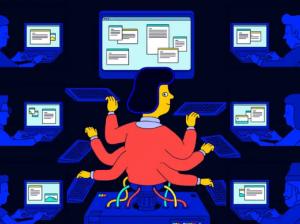
Source link: https://www.universityworldnews.com/post.php?story=20230420160147195










